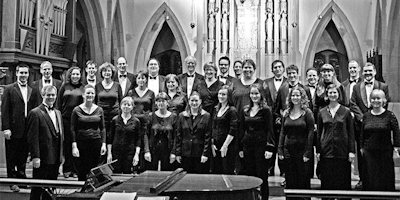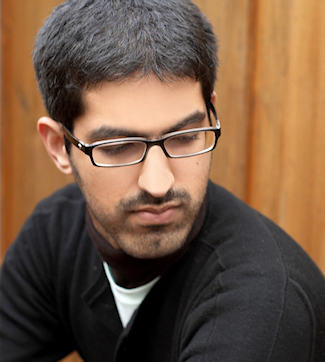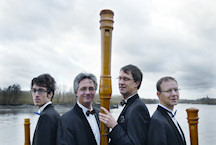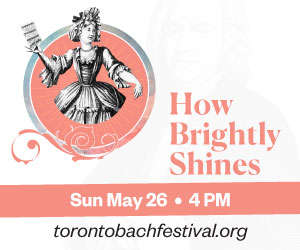Early, and often
As summer approaches, so do the many opportunities to enjoy nature’s beauty and wonderful music in, but mostly outside, our cities. Below are several events that would be of special interest to seekers of historical performance. Don’t forget your sunblock!
The Grand River Baroque Festival, June 19-21 (www.grbf.ca), takes place in and around the Buehlow Barn in Ayr and also Paris, Ontario, just outside of Brantford. Special guests include the fabulous Flanders Recorder Quartet, presenting their “Banchetto Musicale” program, and Folia (violinist Linda Melsted, lutenist Terry McKenna, and harpsichordist Borys Medicky), reprising their fascinating “Chocolate Road” programme. The opening gala features the irrepressible artistic directors Nadina Mackie Jackson (bassoonist) and Guy Few (trumpeter), plus members of Folia and violinist Julie Baumgartel in various concerti by Vivaldi.





